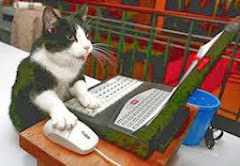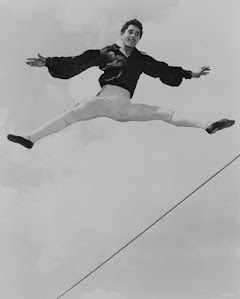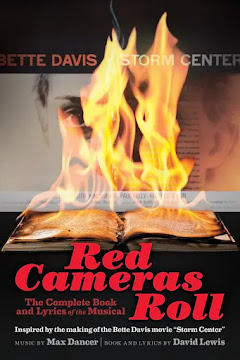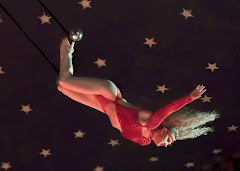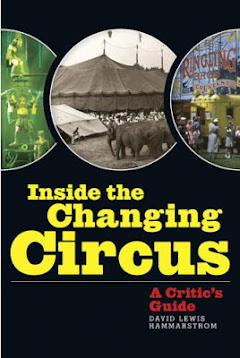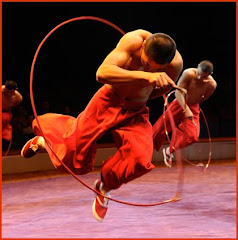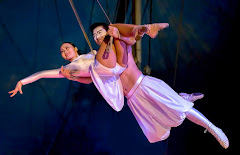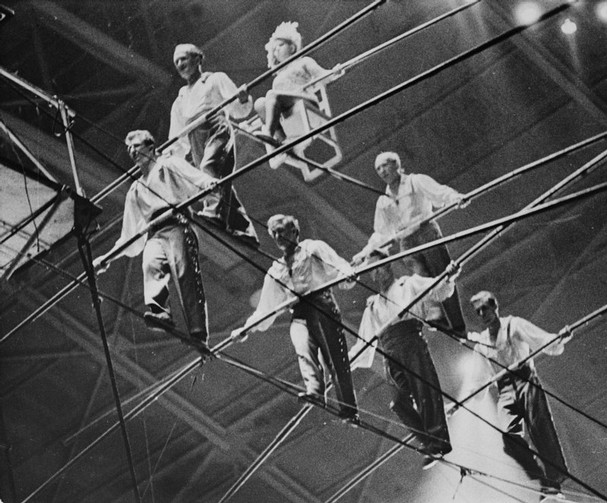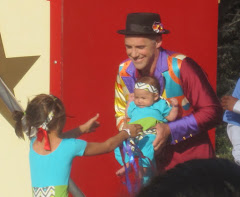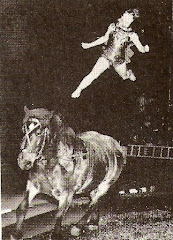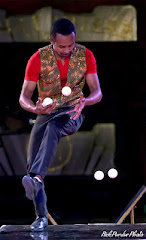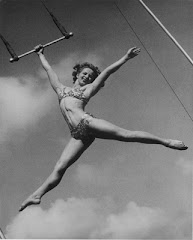
Typewriter -- to an author, practically a body part. Some may stay with only one their entire lifetime, as witness the 1946 Smith-Corona (“Ollie”) still used by best selling phenom Danielle Steel, who purchased it in ‘48. Mine has been a long and winding road across many platens. My first, a Royal Quiet Deluxe, now stands proudly on the small desk in my bedroom, ready for labels or intimate notes too small for my HP printer not to mangle.
Nearing midnight 2000, I composed a love letter to this dear old friend of mine. We were no longer meeting regularly. The modern devices, ever ready to correct my non-existent spelling, were too helpful to resist.
My first encounter with these fascinating objects came at around the age of 8 or 9 down on a visit to a friend of my mother’s in once-great San Francisco. There on a desk sat the most novel object. I was invited to take a chair and see how it worked. The experience of pushing keys that made clicking sounds against a sheet of paper, and seeing my name appear — what a thrill. Who knows, maybe that first rare encounter gave me the bug to write.

A few years later, I was seated at a small table in the kitchen of Carmelia Perlie, who lived next door, pounding away on her stern black upright Underwood. Low and behold, at the age of 14 I had just turned out my first circus review. The White Tops published it! — and with every last misspelled word and rule-defying misuse of grammar intact.
If the editor in Rochelle, Il, Walter H. Hohenadel, was negligent in having it set into type exactly the way it was upon receipt, so, too, did he allow my critical nit-picking to fly through. Which meant that it was codified into my nature, leaving me with a sure feeling that I could – or should – get away with the same in future submissions. I can imagine Perlie in the background whispering --- “Go, David, go!”
Go for it I did, soon too much for The White Tops, so to the Circus Review I went, where John Swan published most of my submissions -- until a few if his readers grew acutely disenchanted over my more egregious put downs of the man who killed the big top, John Ringing North.
After my wonderful next-door-neighbor moved out, so too did her Underwood. And so, for a period, I made do with another large Underwood, not nearly as healthy, loaned or given to me by an aunt or friend of the family. On it, I cut the stencils for my anti-John Ringling North rant, 1957 Sawdust, Santa Rosa High agreed to let me publish it on its duplicating machine. A copy of 1957 Sawdust resides in the Billy Rose section at the New York public library. Yes, believe it or not. How it got there we may never know.

I loved going to Corricks office supplies on Fifth street in Santa Rosa, to ogle over the new typewriters for sale. In particular, a sleek, handsome Olympia, something like this picture. Far too expensive at $400. But then came a big break, when a member at church, J.R. Nelson, offered to sell me his portable Royal Quiet Deluxe, for $25. I was elated. With my brother Dick now away at college, I had our whole bedroom to myself. While writing a play, I would tear through my Royal and maybe turn out a complete draft in a few hours, and then use that as an excuse to indulge in another nap. Back and forth.

On it, I typed out my first circus submissions to Variety — “the Bible of Showbiz.” Three years later, my byline made the big time. Variety's breezy, razzmatazz style seems to have infected my pen. It surely did the writing of my first book, Behind the Big Top. At kaiser steel where I was then clerking for engineers who devised the means of construction, our receptionist and secretary, Liz Johnson, who would become a life long friend, devised a way for me to stay after work and type up the manuscript in final form, on an IBM Selectric.
My first electric model was an Olympia with correcting tape – very heavy and clunky, and nothing like the non-electric Olympias I had swooned over at Corricks. Good enough to produce Circus Rings Around Russia.
After moving to L.A., I fell for one of the early so-called “word processing” typewriters, the Brother EM-4ll, on display in a store up in the valley. Handed the clerk my plastic, and brought it home on the bus. A prized possession. It allowed for only limited storage of text, but came with a spell checker. Best of all, it’s heavenly keyboard was, and now again is, by far the most perfectly suited to my finger tips. We melt in each other’s touch.

On it, I composed Big Top Boss: John Ringling North and the Circus, and then Roller Skating for Gold.
Back in Oakland, the emerging world of computers would some how find me, and the finding came in a gift from two of my best friends, Sal and Judy Dieli, who handed me their PC when they were on their way out, back down to So Cal where, Judy, keen on the new, would invest in the next newer model.
Perfect timing. In Word Perfect, drawing once again upon the snappier Variety style, I composed Broadway Musicals A Hundred Year History, destined to become my most successful book in terms of generating long term sales, partly credit the publisher, McFarland & Co. Hinting at troubling patches of purple prose, they first wanted to see it 10 percent leaner. World proceeding gave me the means to revise down to 15 percent without having to type the whole thing over again – or litter it with white-outs and paste-overs.
Suddenly my Brother EM-411 could no longer compete. For the last 25 years, it has resided on a shelf in a hall closet. Protected but alone.

The only computer I have a sentimental attachment to is my Dell Vostro XP, upon which I am composing this, as I do everything I write, first in Word Perfect. I purchased it in 2008, and we stopped going on line when MS stopped sending out fixes and updates.
And then, something wonderful came to to the rescue of my Brother in the closet.---a recent movie California Typewriter, featuring Tom Hanks and a few other writers, among them David McCullough and Stephen King, who still or sometimes prefer click clacky type setters It so inspired me, that, finally, I did what I have long wanted to do. I purchased a small table on Amazon, and on it now appears the return of my Brother EM-411! Were I a celebrity writer like Ms. Steel who could get away with it (LOL), I would insist that a publisher accept my work in paper, after which they would, on their end, either scan it into digital or have it typeset the old fashioned way.
Well, that’s a nice dream. But I will still use my Brother for letters and maybe smaller articles. And to show it the respect it deserves. Yes, a typing machine can become another form of a relationship. This one is more than willing whenever the mood strikes me. Who could ask for anything more? But my spell checker keeps threatening to file for divorce, the victim, it claims, of repeated collisions with words I make up. And I can barely hear its little ping pinging out anymore. Poor thing. If only George Bernard Shaw had prevailed in bringing sanity to English spelling. Or is it “Englisch?”




%20of%20david-circus%20review.jpg)







